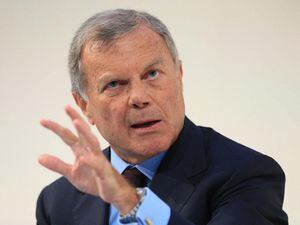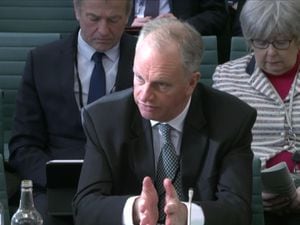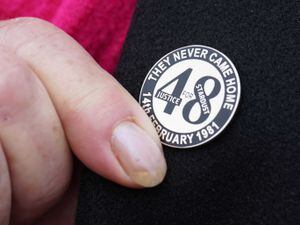Sir Martin Sorrell sees pay slashed in final year at WPP
The advertising guru left the firm abruptly just weeks ago.

Sir Martin Sorrell, the former boss of advertising giant WPP, had his pay slashed by more than 70% in his last year at the helm of the advertising giant – although he will still take home £13.9 million.
The advertising guru, who left the firm abruptly just weeks ago in the wake of allegations of personal misconduct, saw his pay packet drop from £48.1 million last year.
The latest number, disclosed in WPP’s annual report, also represents a dramatic drop from the £70.4 million he was awarded in 2016.
It reflects the falling value of Sir Martin’s long-term share incentive plan, which fell from £41.5 million to £10 million.
The WPP founder’s short-term bonuses also headed south, dropping from £3 million to nothing.
Investors have branded Sir Martin’s pay deals “excessive” and “ridiculous” in the past and a third of shareholders staged a protest by voting against the company’s remuneration policy in 2016.
However, Sir Martin is still set to hoover up nearly £20 million in payouts from WPP over the next five years as part of an exit deal with the firm.
In its annual report, WPP chairman Roberto Quarta said: “2017 was a challenging year for your company as a combination of technology-driven structural changes and pressure on marketing budgets held back WPP’s financial performance.
“The board’s succession planning has always considered two scenarios: the planned transition over time and the unforeseen event.
“We would not have chosen the latter, but that is what happened and we were prepared for it.”
Following Sir Martin’s departure Mark Read, chief executive of WPP’s Wunderman business, and Andrew Scott, European chief operating officer, have been made joint operating chiefs while a permanent replacement is found.
WPP carried out an inquiry into allegations that Sir Martin misused company funds, but said the amounts involved were not material.





